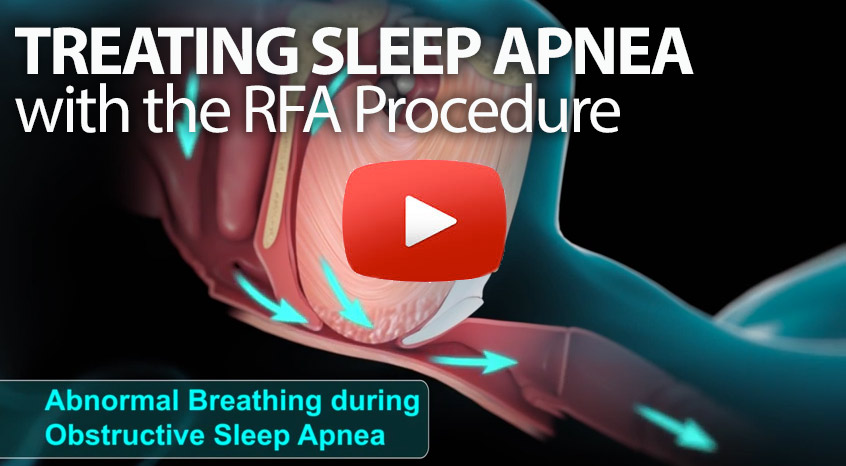Three types of sleep apnea exist, according to the Mayo Clinic. These are:
Obstructive sleep apnea (or OSA).
This happens when the muscles in the back of your throat that support the soft palate relax. When this happens, your airway narrows or even closes as you try to take a breath. This in turn causes you not to get an adequate amount of air into your lungs and hence not enough oxygen to your brain. The brain senses this condition and causes you to awaken briefly so that you can reopen your airway. The wakefulness is often so brief that you don’t even notice it.
Central sleep apnea
This type of apnea happens when the brain does not send proper signals to tell your body to take a breath. Central sleep apnea is a less common form of the condition. You will likely find yourself waking up short of breath. You may have trouble getting to sleep and staying asleep.
Complex sleep apnea syndrome
This very rare condition occurs when you have both obstructive sleep apnea and central sleep apnea.
A visual depiction of what happens during sleep apnea can be seen here.
Symptoms and complications
One common clue that you might have sleep apnea is if you find it difficult to keep awake during the day, even if you think you have gotten a full night of sleep. You might wake up with a morning headache. You will have attention difficulties and may also be irritable during the day. You will be at risk of falling asleep while behind the wheel of your car or while watching TV or doing some other sedentary activity.
Conclusion
Fortunately, sleep apnea is a treatable condition. Treatments range from lifestyle changes in mild cases to implements to help night-time breathing such as CPAPs. In some extreme cases, surgery to widen your airway may be indicated. And there are in-office treatments can help cure sleep apnea including Radio Frequency Ablation or RFA.
If you or someone you know is in need of a better night’s sleep, contact us for a no obligation consultation. We are the sleep specialists at Chevy Chase ENT located in the Virginia, Maryland, and Washington D.C. metro area dealing with sleep apnea and sleep-related problems. We can help diagnose your condition, recommend whether a sleep study would be beneficial, and offer you a variety of treatment options including CPAP, Radio Frequency Ablation (RFA) and more.

